Brain Bee Study Guide: Chapter 4 Learning, Memory, and Language
Brain Bee Study Guide: Free neuroscience resources and study guide notes for Brain Bee competition students: Chapter 4 Learning, Memory, and Language


Brain Bee Study Guide: Free neuroscience resources and study guide notes for Brain Bee competition students: Chapter 4 Learning, Memory, and Language

You probably go to sleep most – if not all – nights. You probably have dreamt during many of these nights. And you might feel rested every time you go to sleep. Yet did you know about the complex mental processes that happen every time we go to sleep?

Children infected by COVID-19 are experiencing mysterious symptoms. This condition is known as MIS-C, but what is MIS-C? And how is it related to COVID-19?

In March 2020, U.S. President Donald Trump touted hydroxychloroquine as an effective treatment for coronavirus disease 2019 (COVID-19). Mr. Trump highlighted the drug cocktail of hydroxychloroquine and azithromycin as “one of the biggest game changers in the history of medicine.”1 But how effective is hydroxychloroquine in combating COVID-19 in actuality?
In this article, we learn about hydroxychloroquine a potential drug treatment for COVID-19 and evaluate its scientific efficacy.
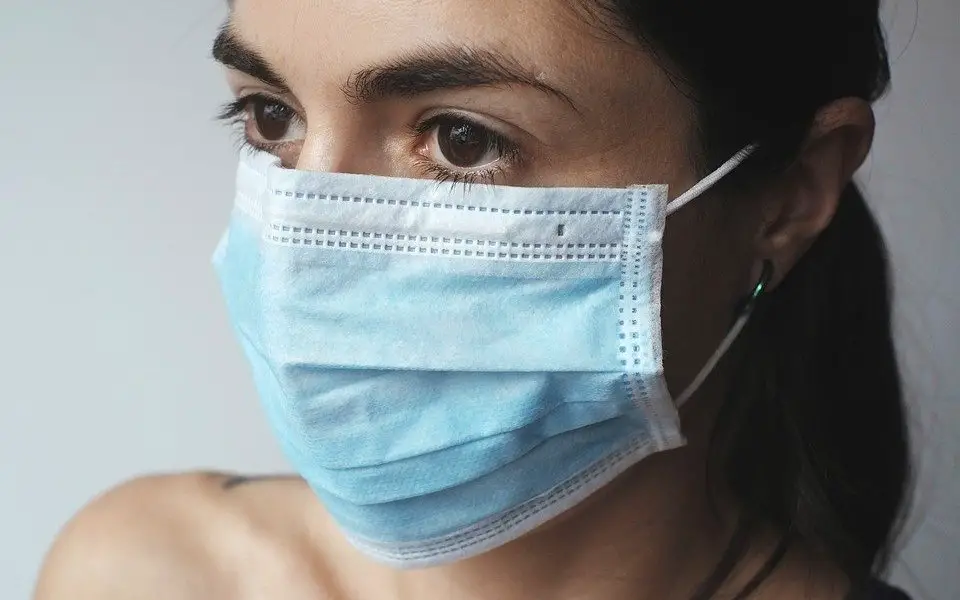
COVID-19 Pandemic: Do you need to wear a face mask? How effective are face masks in protecting us from the spread of COVID-19? In this article, we evaluate the efficacy and importance of face masks amidst COVID-19 pandemic.

What is the difference between central sleep apnea and obstructive sleep apnea? In this lesson, we learn about sleep apnea, its symptoms, diagnosis, treatment, and differentiate between central sleep apnea and obstructive sleep apnea. USMLE

Fundamental conversations, on freedom and self-determination, greatly influenced Anthony Burgess’ choice of immoral characterization and dramatic plot development in his 1962 dystopian novel A Clockwork Orange, dealing with what it means to be able to make choices in a restrictive society and dabbling in themes of freedom and bondage.
Modern-day democracies across the globe continue to thrive as world powers as a result of the choices made by its citizens. However, when governments suppress the voice of the people, as seen in A Clockwork Orange’s totalitarian government, growth is stunted and the government remains static. Similarly, philosophers have debated whether individuals have free will and the extent to which this self-sufficiency extends. Alvin Plantinga, an analytic professor at the University of Notre Dame describes the ability to choose as, “Now, God can create free creatures, but he can’t cause or determine them to do only what is right. For if he does so, then they aren’t significantly free after all; they do not do what is right freely.” (Plantinga). Plantinga’s attention towards the ability to make choices rather than rely on foreordained outcomes reveals the very hypocrisy Burgess aims to reveal through his novel, a hypocrisy centered on the notion that good can’t live without the choice to do otherwise. Alex, who is the antihero of the novel, questions the government which strives to dictate him, wondering, “ What does God want? Does God want goodness or the choice of goodness? Is a man who chooses the bad perhaps in some way better than a man who has the good imposed upon him?” (Burgess). Alex’s internal line of questioning and later entrapment by the restrictive government reveals the evident truth of decision making. Without choice, then there is no moral guideline to follow and, essentially, no discernment from right and wrong. To state that the ability to make a choice through self-autonomy is an act of hypocrisy in and of itself as the individual making such a claim would be referring to their own volition. For example, Jans Jonas, a German philosopher reveals an anecdote about a group of physiologists such as Ernst Brucke and Emil du Bois-Reymond who promised early in their careers, “Brucke and I pledged a solemn oath to put into effect this truth: ‘that no other forces are at work in the organism except chemical-physical ones’” (Jones). Contrary to their statement, their eventual rise to fame is an indicator of the impact personal actions have on an individual. As Seifert, an Austrian philosopher explains,
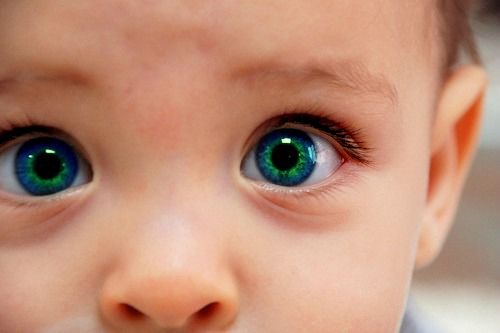
Common eye problems, diseases, and disorders – Quick and easy to learn diagram, definitions, and explanations for common eye diseases. In this article, we explore the top 25 most common eye problems, diseases, and disorders, including diagrams, definitions, and explanations for common eye diseases. The eye is a small but unique organ of the human body with the ability to visualize a lifetime of events.

The novel COVID-19 is leaving astonishing traces of deaths and illnesses as it rapidly encroaches upon our everyday lives. Schools are closed. Unemployment is surging. People experience dreadful losses of their family and friends. Luckily, however, the exponential curve of COVID-19 seems to have flattened within the past few weeks for many of the countries, and some even seem to have downward-sloping trends. So, should we feel relieved and expect the curve to hit 0 soon?

Climate change affects the entirety of the earth’s surface, and nowhere more so than our oceans. While our seas cover about two-thirds of the earth’s surface they absorb over ninety percent of the additional heat attributable to global warming. Both land masses and bodies of water absorb and reflect solar radiation that rebounds off of the greenhouse gases trapped in our atmosphere, but the latter is generally more absorptive and holds on to heat longer due to differences in physical properties. This of course has led to increases in global seawater temperatures, which has and continues to endanger several aquatic species. This article will examine one of those species and go over human efforts to preserve it.

Pneumothorax also known as collapsed lung occurs when air is trapped in the pleural space. Trapped air causes a loss of negative pressure in the pleural cavity, reduces surface tension, and induces the lungs to collapse. There are 3 types of Pneumothorax or collapsed lungs: 1) Spontaneous 2) Traumatic, and 3) Tension Pneumothorax.
In this lesson, we learn the different types of pneumothorax (collapsed lung) and important terminology. USMLE

Does being alone at home make a person go insane? After weeks of social distancing because of COVID-19, people locked up in their homes may be getting bored and restless. Attending school, going out to eat, hanging out with friends — parts of their lives that are normal — are no longer possible. What is the science behind the human’s social brain, and what does isolation do to the brain?

How did flightless birds evolve? How did the evolution of the shrinking cod come to be? In this lesson, we learn about the evolution of the flightless birds, such as cormorants, and the evolution of the shrinking cod in our biology selection case studies.

Georgia was the first US state to reopen amid coronavirus pandemic. What are Georgia’s COVID-19 reopening results? Was it prudent for Georgia to reopen early?
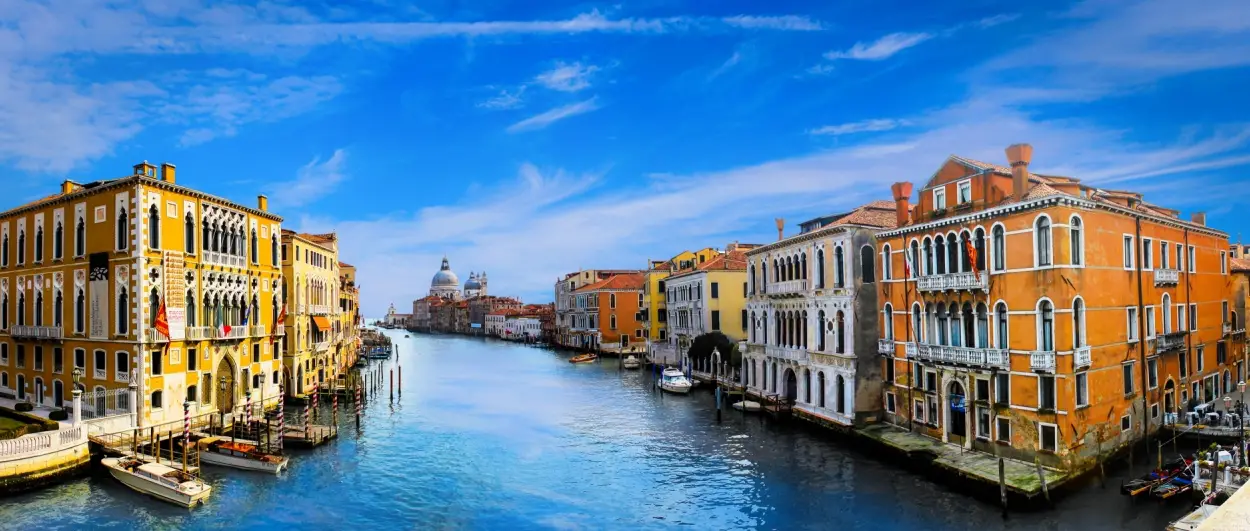
The coronavirus pandemic may seem like one of the worst things that could be happening to the world right now. And although that might be the case for us, the environment is finally getting the break from human activity that it’s been longing for. With businesses shut down, traveling banned, and everyone in lockdown, traffic and pollution have been significantly reduced and it’s had some notable effects on nature. So while you’re stuck being quarantined, here are some cool things happening around the world as a result.
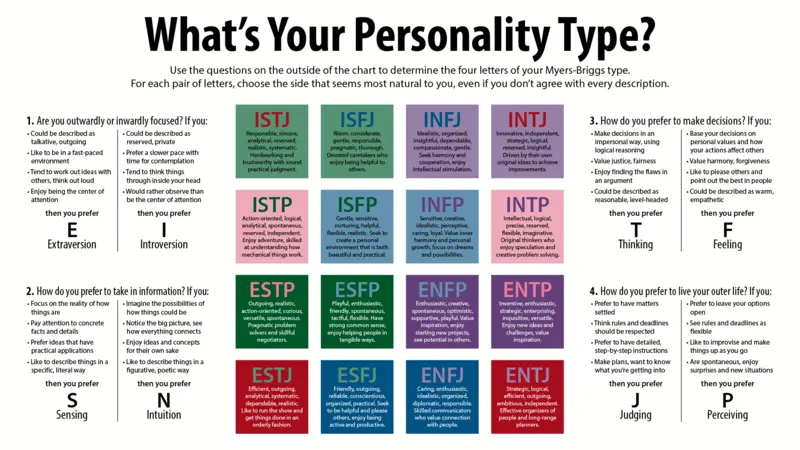
16 MBTI Personalities: The INTJ Personality, Love and Relationships; INTJ personality type and advice, signs of attraction, and how to attract INTJs tips. INTJ signs of love. Book on Sale!
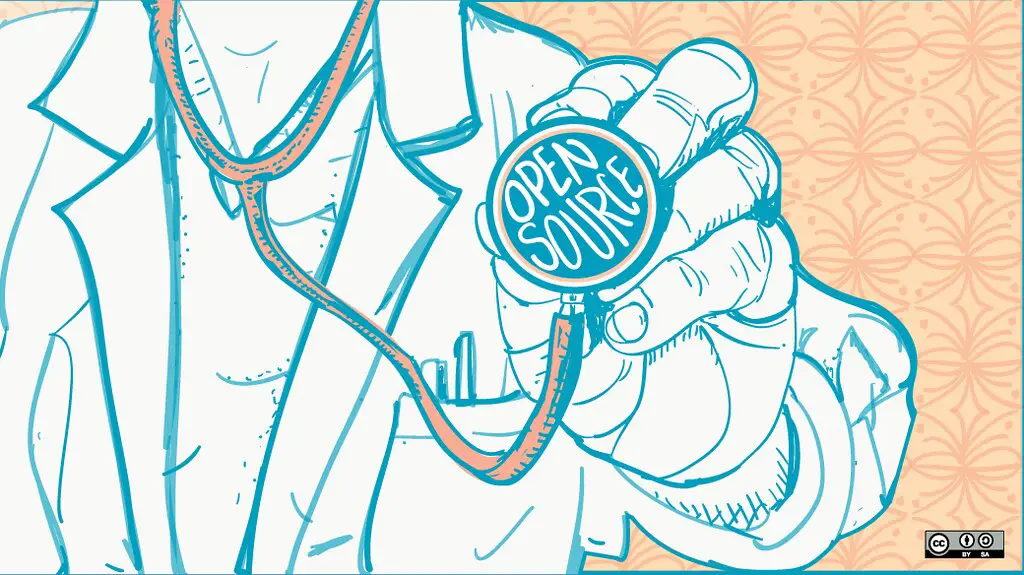
A Global Epidemic: The Novel 2019 Coronavirus
On December 31st, 2019, Chinese officials informed the World Health Organization that a group of strange cases of pneumonia were detected in the city of Wuhan. The cause of the pneumonia was unknown, but a week later, Chinese health officials confirmed that the cases were associated with a novel coronavirus.
In this lesson, we learn about what is the coronavirus, how the coronavirus spreads, how deadly it is, and why COVID-19 matters for our public and global health.
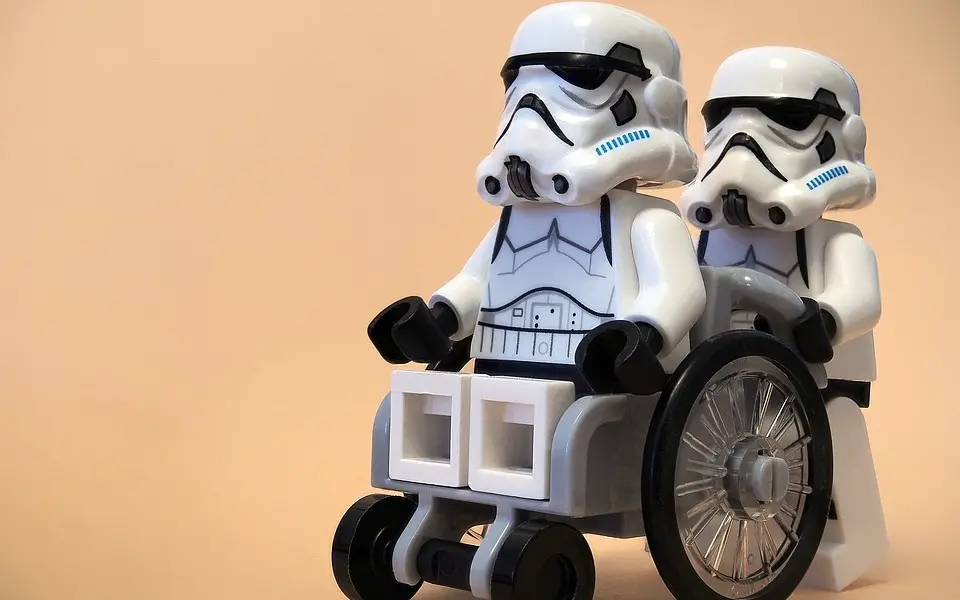
Lysosomal Storage Diseases: Tay-Sachs Disease vs Niemann-Pick DIsease: Similarities and differences for symptoms, causes, enzymes, biochemistry, inheritance, etc
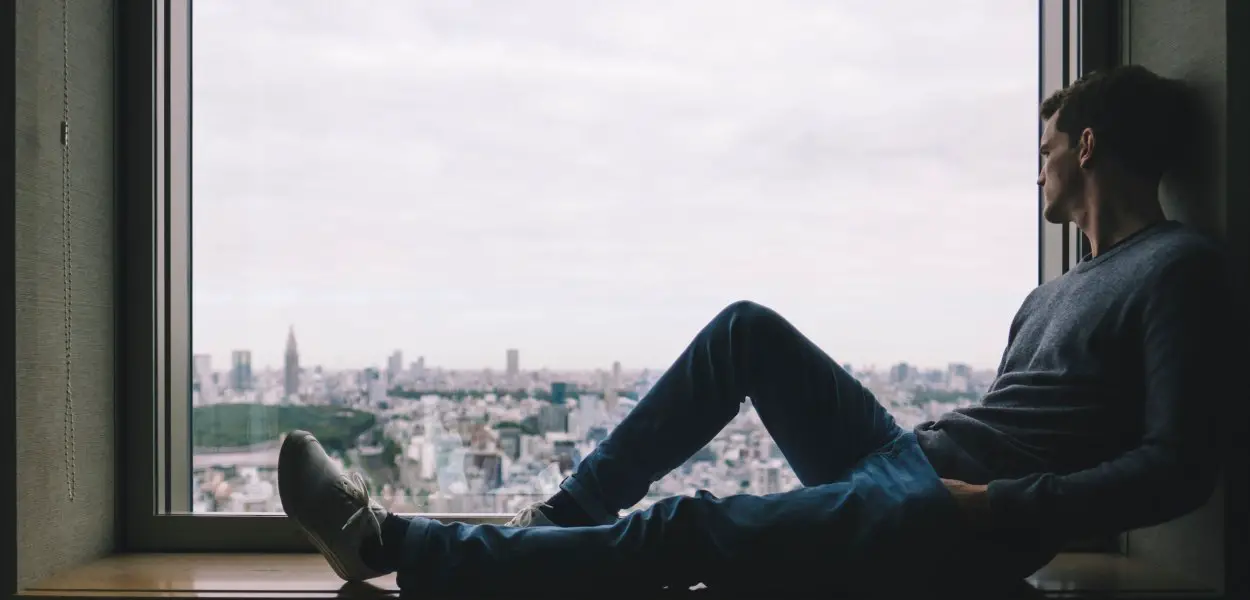
Chances are, you’ve heard of the Oedipus complex or the idea that your dreams reveal your inner desires. The creator of these ideas was Sigmund Freud, an Austrian neurologist and the founding father of psychoanalysis. His ideas and theories still remain very influential in the fields of psychology, psychiatry, and psychotherapy, and their impact can even be seen in the visual arts and humanities.
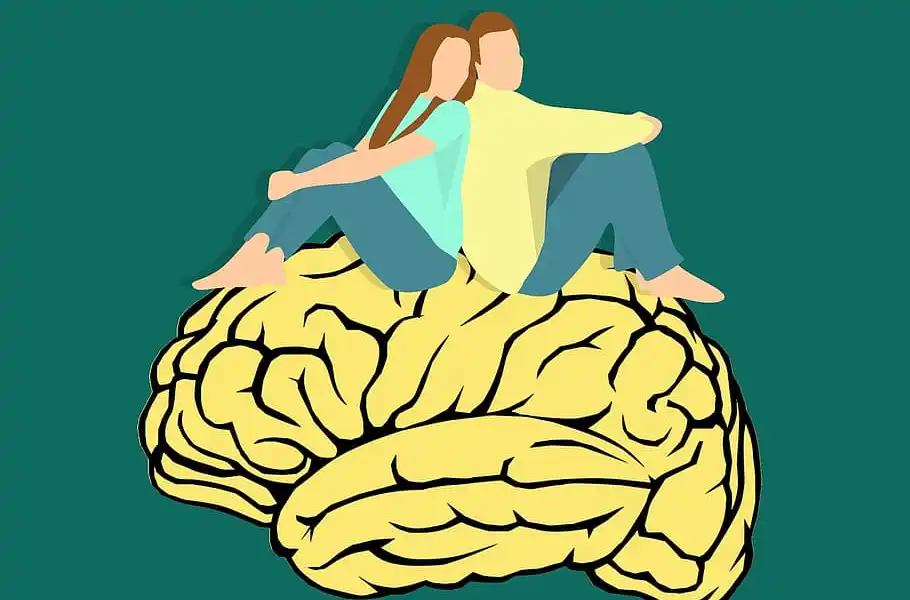
Brain Bee Study Guide: Free resources and study guide notes for Brain Bee competition students: Chapter 9 Kinds of Research
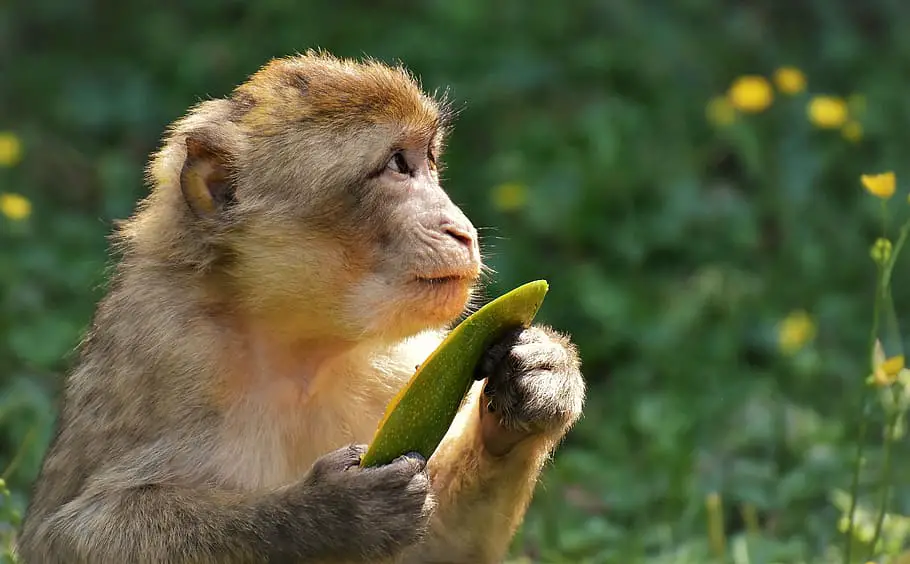
The basics of rewilding (at least in North America) are the Three C’s: Cores, Corridors, and Carnivores. Rewilding was developed in the 1990’s as a new approach to ecological restoration. Proponents have characterized it as being active rather than reactive. What this means is that instead of viewing conservation as stemming a tide or becoming shepherds to ever-declining animal populations, rewilding is focused on restoring the equilibrium of ecological systems. This is accomplished through a variety of methods that are grouped together under the Three C’s.

USMLE Lesson on Biochemistry Nutrition: Zinc Deficiency, the functions of zinc, including its role as zinc fingers transcription factor motifs, and zinc deficiency symptoms

In this lesson, we explain the differences between flippase, floppase, and scramblase. Flippase vs Floppase vs Scramblase as lipid transporters in the cell membrane with Quick and Easy Explanation
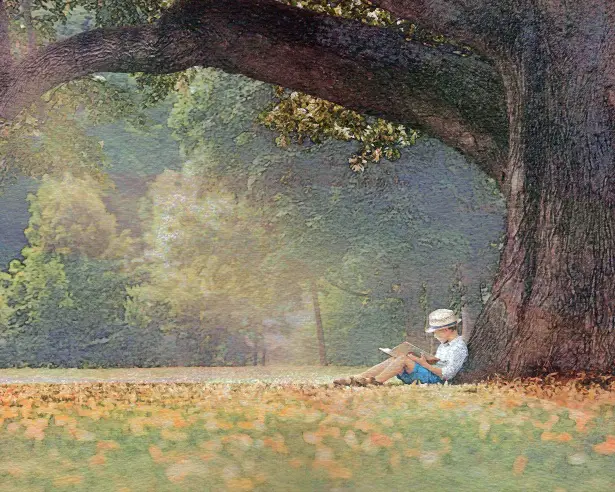
GDP is the universal measure of income among different countries. We’ve heard of the term GDP multiple times, but what exactly is GDP, and how do we measure an entire country’s income? GDP, Gross Domestic Product, measures the total value of all final goods and services produced in the economy of a country during a given year. Important points that need special attention in the definition of GDP are ‘total,’ ‘final,’ ‘country,’ and ‘a given year.’
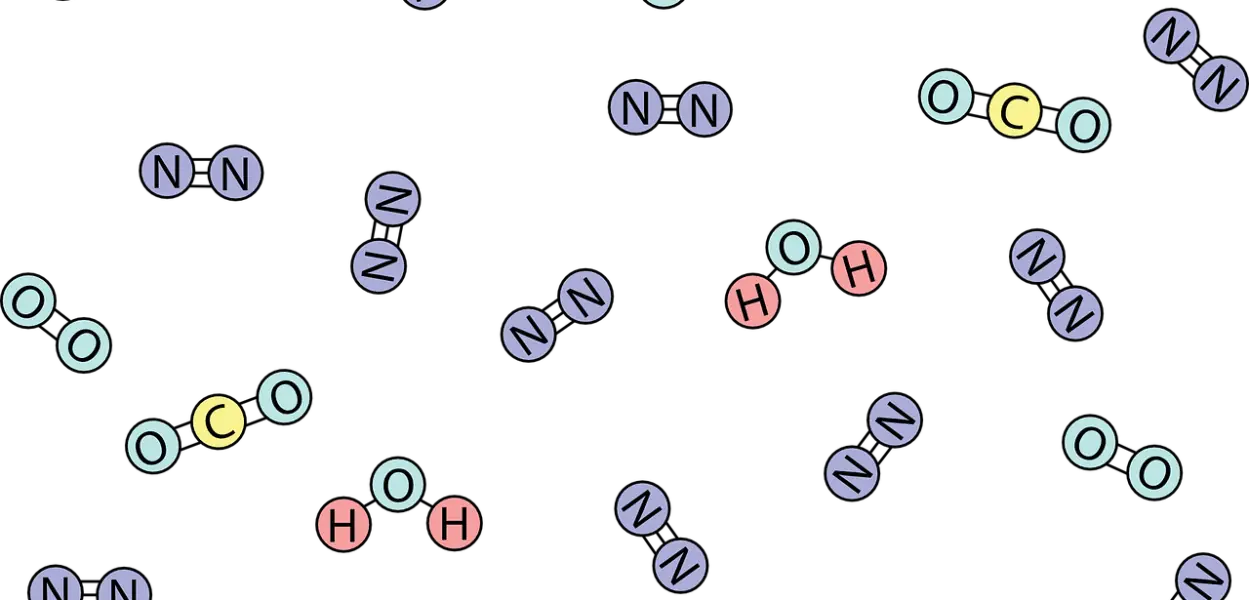
In this lesson, we explain what types of molecules can pass through the cell plasma membrane and what are the factors that determine whether a molecule can cross a cell membrane: Quick and Easy Explanation on the Cell Membrane